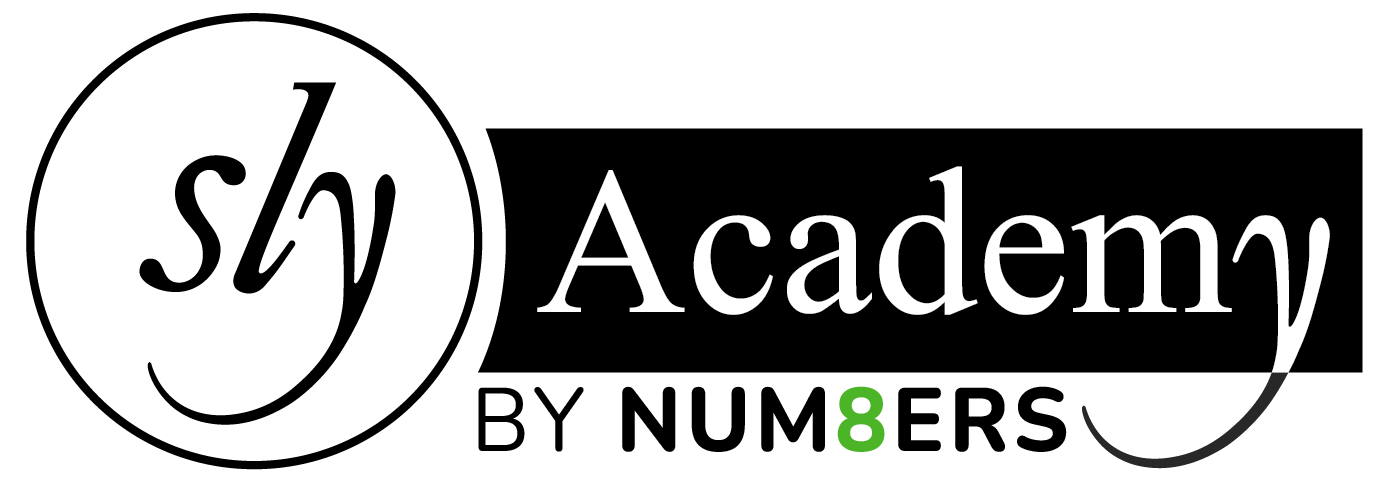AP European History: This course invites you to explore the rich tapestry of European history from approximately 1450 to the present day. Dive into cultural, economic, political, and social developments that have shaped Europe, and learn to analyze historical evidence while crafting compelling historical arguments.
Course Overview
AP European History is an introductory college-level course that delves into the complexities of European history. Through the analysis of primary and secondary sources, you’ll uncover connections, contextualize events, and develop critical thinking skills. Key themes include Europe’s interaction with the world, economic transformations, cultural and intellectual developments, and the evolution of political institutions.
Skills Development
In AP European History, you’ll hone essential skills, including:
- Source Evaluation: Assessing primary and secondary sources for reliability and bias.
- Analytical Thinking: Scrutinizing claims, evidence, and reasoning within historical texts.
- Contextualization: Placing historical developments within broader contexts.
- Argumentation: Crafting and defending historical theses in written essays.
Equivalency and Prerequisites
- College Course Equivalent: Comparable to an introductory college survey of modern European history.
- Recommended Prerequisites: None—this course welcomes all curious minds interested in exploring Europe’s past.
Exam Information
- Exam Date: Friday, May 10, 2024, at 8 AM Local Time.
- This is the scheduled date for the AP European History Exam.
Course Units
The AP European History curriculum is organized into nine units:
Unit 1: Renaissance and Exploration
- Focus: Rapid changes during the Renaissance, colonialism, and the commercial revolution.
- Exam Weight: 10%–15%.
Unit 2: Age of Reformation
- Focus: Evolving strains of Christianity, the Reformation’s impact, and changes in daily life.
- Exam Weight: 10%–15%.
Unit 3: Absolutism and Constitutionalism
- Focus: Political power shifts, economic developments, and societal conditions.
- Exam Weight: 10%–15%.
Unit 4: Scientific, Philosophical, and Political Developments
- Focus: Scientific thinking, Enlightenment, population growth, and neoclassicism.
- Exam Weight: 10%–15%.
Unit 5: Conflict, Crisis, and Reaction in the Late 18th Century
- Focus: England’s role, French Revolution’s impact, and the rise of Romanticism.
- Exam Weight: 10%–15%.
Unit 6: Industrialization and Its Effects
- Focus: Industrial Revolution, urbanization, and societal transformation.
- Exam Weight: 10%–15%.
Unit 7: 19th-Century Perspectives and Political Developments
- Focus: Nationalism, alliances, and intellectual influences.
- Exam Weight: 10%–15%.
Unit 8: 20th-Century Global Conflicts
- Focus: World Wars, totalitarianism, and cultural shifts.
- Exam Weight: 10%–15%.
Unit 9: Cold War and Contemporary Europe
- Focus: Ideological struggles, globalization, and cultural innovations.
- Exam Weight: 10%–15%.
Preparing for Your Journey
To thrive in AP European History, engage actively with the material, explore diverse perspectives, and embrace the complexities of Europe’s past. Bon voyage!
What are some study tips for AP European History?
Studying for AP European History can be challenging, but with effective strategies, you can succeed. Here are some study tips to help you prepare:
Make Studying a Daily Habit:
- Consistency is key. Incorporate short study sessions into your daily routine rather than cramming all at once. Regular review helps reinforce learning.
Avoid Passive Re-reading:
- Re-reading notes and textbooks alone is not effective. Instead, engage actively with the material. Use flashcards, create charts, and summarize key concepts.
Think Beyond Facts:
- Understand the context and connections between events. Don’t just memorize facts; analyze causes, consequences, and historical significance.
Try the SQ3R Method:
- Survey, Question, Read, Recite, Review. This method helps you actively process information from textbooks and retain it better.
Create a Cheat Sheet:
- Summarize essential information on a single sheet. Condense key dates, names, and concepts. Use it for quick review before the exam.
Supplement with Review Books:
- Use reputable AP European History review books. They often provide concise summaries, practice questions, and helpful tips.
Test Yourself Regularly:
- Take practice exams and quizzes. Use released AP Euro exams to simulate test conditions. Identify weak areas and focus on improving them.
Connect Events and Themes:
- Understand how historical developments relate to each other. Recognize patterns and recurring themes across different time periods.
Use Document-Based Questions (DBQs):
- Practice analyzing historical documents. Learn to synthesize evidence and construct coherent arguments based on primary sources.
Seek Teacher Guidance:
- Consult your teacher for clarification on concepts, essay writing, and exam strategies. They can provide valuable insights and personalized advice.
Remember, active engagement, critical thinking, and consistent practice are essential for success in AP European History. Good luck with your studies!
What are some common mistakes to avoid in AP European History?
Here are some common mistakes to avoid in AP European History:
Memorizing Dates Without Context:
- While knowing key dates is important, focus on understanding the broader historical context. Why did certain events happen? What were the consequences?
Ignoring Social and Cultural Aspects:
- Don’t overlook the impact of art, literature, and cultural movements. These provide insights into the mindset of different time periods.
Neglecting Primary Sources:
- Relying solely on secondary sources can limit your understanding. Engage with primary sources (letters, diaries, speeches) to grasp the perspectives of historical actors.
Not Connecting Themes Across Units:
- European history is interconnected. Recognize recurring themes (e.g., nationalism, revolution) and how they evolve over time.
Overemphasizing Individual Leaders:
- While leaders like Napoleon or Bismarck are significant, understand that historical change involves broader societal forces and collective actions.
Ignoring Economic Transformations:
- The Industrial Revolution, economic systems, and trade shaped Europe. Consider their impact on society, politics, and culture.
Weak Essay Structure:
- In essays, clearly state your thesis, provide evidence, and analyze it. Avoid vague statements or unsupported claims.
Not Practicing Document-Based Questions (DBQs):
- DBQs require analyzing primary sources. Practice constructing coherent arguments based on evidence from documents.
Skipping the Later Periods:
- Don’t focus solely on early European history. Understand the 19th and 20th centuries, including World Wars, Cold War, and contemporary Europe.
Not Reviewing Past Exams:
- Familiarize yourself with released AP Euro exams. Understand question formats and learn from previous student responses.
Remember, a holistic understanding, critical thinking, and effective essay writing are essential for success in AP European History.










